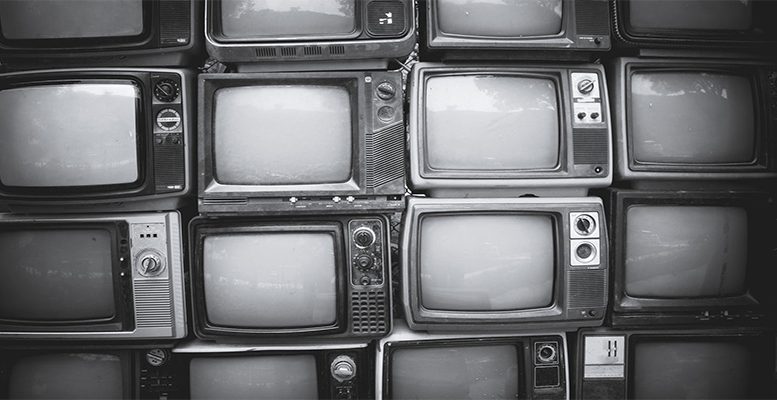Fernando González Urbaneja | I will not be so naïve as to hold up the impartiality, objectivity, neutrality, independence… of the media and journalists. Too many years in the profession to remain trapped in that angelic vision. We are not neutral and independence goes by neighbourhoods, topics and times. Each media outlet, each journalist has his/her preferences, biases, sympathies (and antipathies that may not be very bearable) in more or less obvious, transparent or recognised ways.
But from that to maintaining that the information and opinion published is self-serving, manipulated, induced, dependent and unreliable seems to me to be a long way off. Surveys amongst journalists about their own independence give mediocre results: not fully independent, but not the opposite either. Many journalists have been pressured (not to be pressured would be a disturbing sign of irrelevance) and admit it; in some cases they have submitted, in others they have not. But, on the whole, a good part of the professionals understand that they carry out their work with reasonable margins of freedom.
On the part of the media and their editorial lines, we find that the inclinations are quite clear; it is not difficult to see which side each media outlet is limping on and which side is more or less explicit and more or less reasonable. The important thing is that the citizen has sufficient density in terms of pluralism to obtain sufficient and reliable information and opinion.
This long exordium comes from the lament of the Prime Minister who says he feels persecuted by (unidentified) “economic interests” and by the “media terminals” of those interests, which he also fails to accredit. Without a plural, free and independent media environment, there can be no respectable democracy. And if the Prime Minister denounces the “terminals” as manipulators, it is urgent and necessary that he take measures that involve the other powers of the State to restore the framework of freedoms proposed by the Constitution.
The talk of “media terminals” (in a dry way, without accreditation), or of obscure interests, has a good press, it is easy to make out, it serves as a scapegoat to avoid explanations, analyses, diagnoses and to flee from clean politics. But it’s tricky, malicious and retrograde.
It strikes me that journalists and editors directly or through their professional organisations do not respond to the Prime Minister and explain to their readers their editorial project, their professional dignity. Journalism and journalists without a reasonable environment of freedom and independence will have no credibility, no social purpose, no meaning.
Discrediting is easy, it sounds good because it serves to justify oneself and blame others for one’s own mistakes. It is the easy road to social regression, to that malaise that demobilises and encourages irresponsibility.





